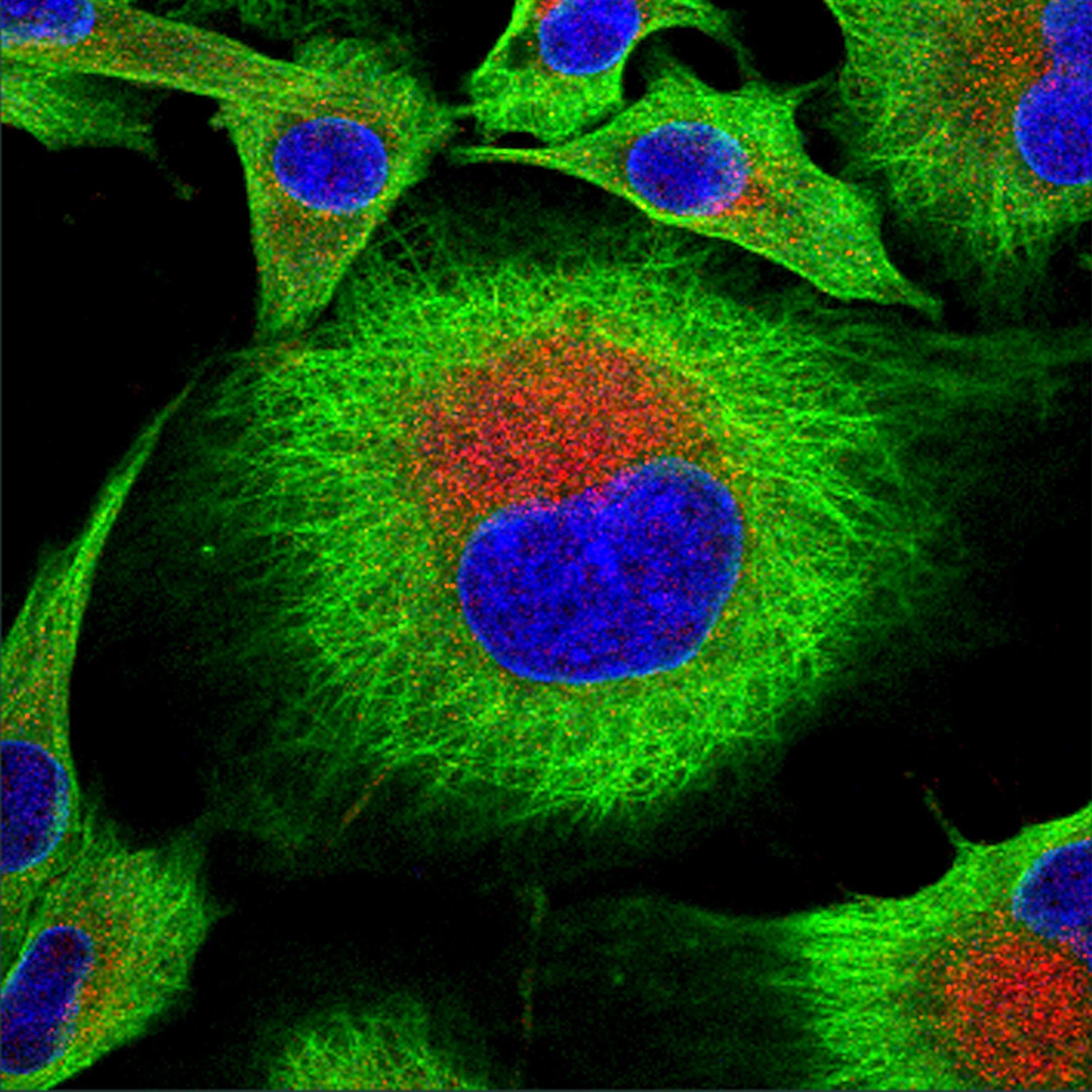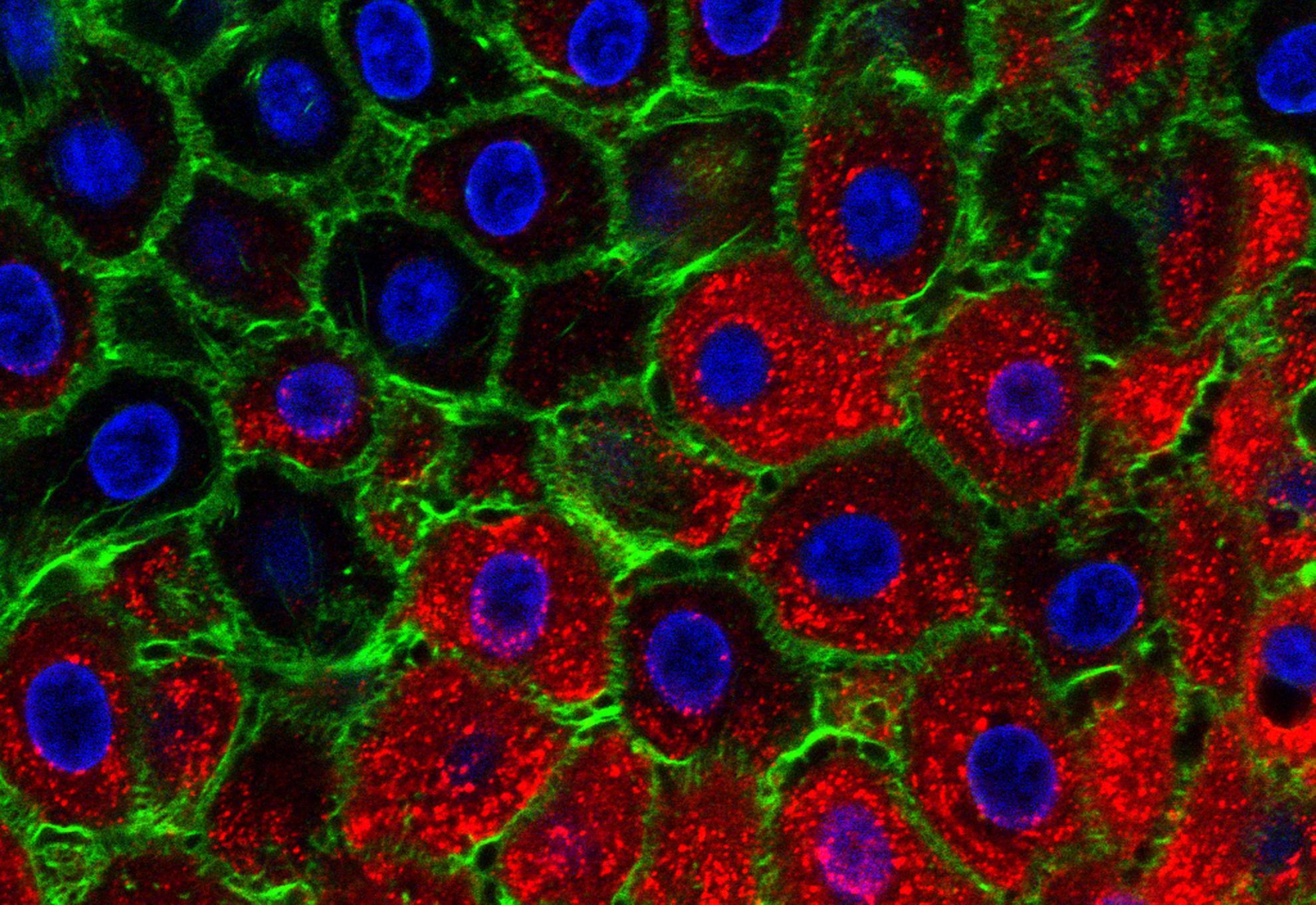Chimeric O1K foot-and-mouth disease virus with SAT2 outer capsid as an FMD vaccine candidate
Foot-and-mouth disease virus (FMDV) is highly contagious and infects cloven-hoofed domestic livestock leading to foot-and-mouth disease (FMD). FMD outbreaks have severe economic impact due to production losses and associated control measures. FMDV is found as seven distinct serotypes, but there are numerous subtypes within each serotype, and effective vaccines must match the subtypes circulating in the field. In addition, the O and Southern African Territories (SAT) serotypes, are relatively more thermolabile and their viral capsids readily dissociate into non-immunogenic pentameric subunits, which can compromise the effectiveness of FMD vaccines. Here we report the construction of a chimeric clone between the SAT2 and O serotypes, designed to have SAT2 antigenicity. Characterisation of the chimeric virus showed growth kinetics equal to that of the wild type SAT2 virus with better thermostability, attributable to changes in the VP4 structural protein. Sequence and structural analyses confirmed that no changes from SAT2 were present elsewhere in the capsid as a consequence of the VP4 changes. Following exposure to an elevated temperature the thermostable SAT2-O1K chimera induced higher neutralizing-antibody titres in comparison to wild type SAT2 virus.


